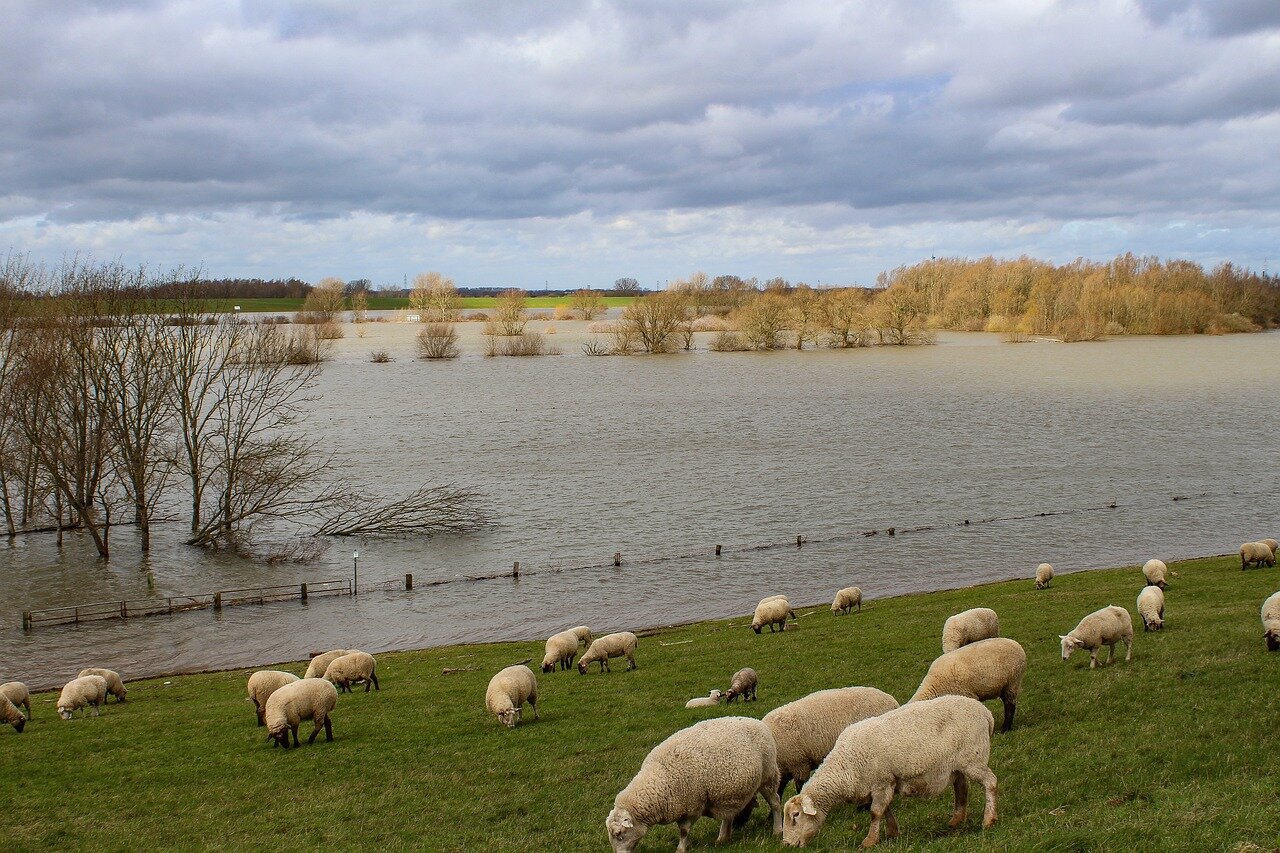Climate-related risks could cost UK businesses and investors $141 billion by 2040 if left unmanaged. Therefore, the strong supervisory tone evidenced by the Prudential Regulation Authority (PRA) in its recent consultation on updates to Supervisory Statement 3/19 is welcome, timely and clearly demonstrates that the PRA is serious about addressing the risks from climate change to prevent destabilising losses. Nevertheless, important gaps remain in firms’ risk management approaches to climate risk that the PRA must address.
The Network for Greening the Financial System (NGFS) anticipates a 15% hit to global GDP by mid-century from climate-related risks even if governments stick to existing emissions reduction policies. However, there is evidence that climate-related risks remain systematically underpriced by the financial sector, as it continues to underestimate both transition and physical risks. Therefore, some areas in the PRA’s proposed updated supervisory statement require further specific guidance:
- Climate risks relating to carbon-intensive assets remain underpriced in firms’ risk management frameworks and therefore prudential guidance is needed. This includes specific guidance on the treatment of high-risk sectors like oil and gas, following the recommendations made by the European Insurance and Occupational Pensions Authority (EIOPA) earlier this year; and
- Tipping points and ecosystem collapse require greater attention in firm scenario analysis, with key learnings taken from emerging practice on nature-based scenario modelling, in line with work undertaken in France, Brazil and Malaysia.
In addressing these gaps, E3G recommends specific considerations for the PRA in updating its guidance:
- Repeating the Climate Biennial Exploratory Scenario (CBES) exercise would improve scenario design and credibility and align with work undertaken in the EU and Japan;
- Clarification on how time horizons should differ across capital and strategy planning, including recommendations on appropriate long-term time horizons, in line with recent guidance from the European Banking Authority (EBA);
- Further guidance and the clarification of expectations on the use of transition plan disclosures;
- The PRA should continue its work to integrate these expectations into its ‘business as usual’ supervision and provide greater transparency on progress being made by firms, as well as where the PRA has decided to take more interventionist steps to address gaps.
Read E3G’s response in full


